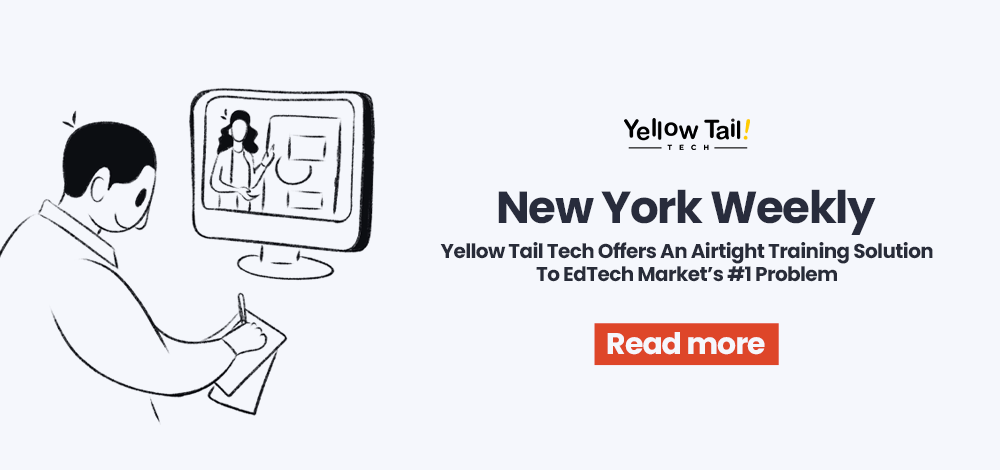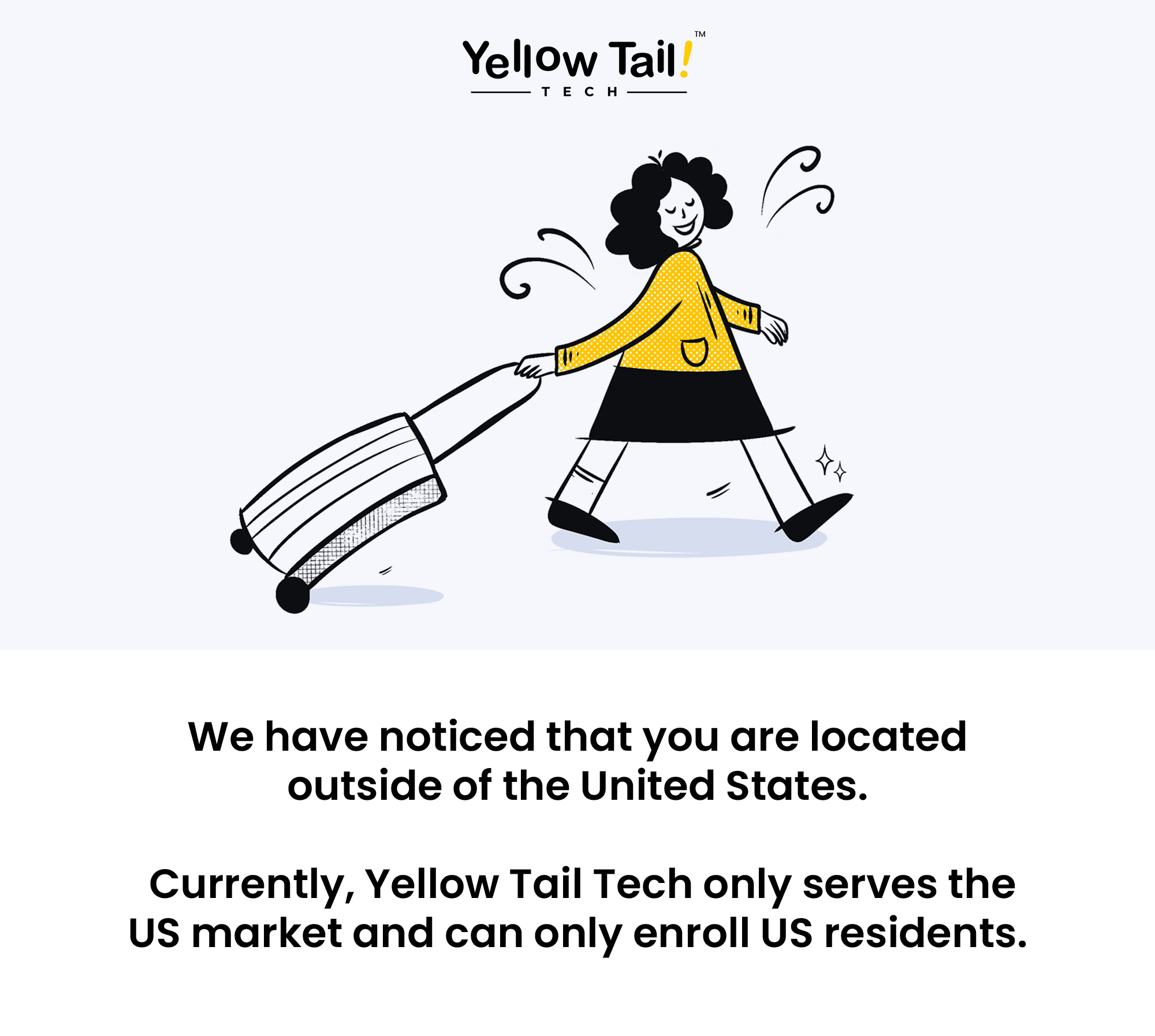AI roles are growing fast and transforming the job market in nearly every industry. While Microsoft recently laid off 9,000 workers and Amazon CEO Andy Jassy warned that automation will lead to fewer people in certain jobs, the full picture is more complex and far more hopeful. For every job eliminated, new, AI-powered opportunities are emerging—many of them more strategic, better paid, and more future-proof.
From machine learning and data analysis to natural language processing and computer vision, the demand for skilled talent in artificial intelligence is soaring. Today’s AI roles are not limited to PhD-level research scientists. Employers are hiring across skill levels for AI engineers, junior data analysts, and professionals in business intelligence, predictive models, and AI product development.

AI-Driven Layoffs: A Disruption We Can’t Ignore
Microsoft’s recent job cuts are part of a wider trend: major companies are leaning into AI tools while cutting roles considered redundant by automation. After the layoffs, an Xbox executive encouraged those affected to use AI chatbots to process their grief and rewrite resumes. The backlash was swift—many saw it as a tone-deaf message from a company that had just replaced human intelligence with machines.
Still, the shift is real. AI technologies like natural language processing and computer vision are automating repeatable tasks across industries—from customer service to logistics. Amazon CEO Andy Jassy put it plainly: AI systems will lead to fewer workers doing certain jobs. Yet at the same time, he emphasized that this transformation will unlock a wave of new, high-value roles.
Recent developments underscore this dual reality—Microsoft’s 9,000-employee layoff drew criticism after an executive suggested using AI to process the emotional fallout, while Amazon’s CEO, Andy Jassy, has also acknowledged that AI will phase out some roles, even as it opens doors to entirely new ones.
The Flip Side: New Tech Jobs Are Rising Faster
Even as Amazon automates parts of its corporate workforce, the company is hiring aggressively in AI. It currently has over 500 open roles in robotics, machine learning, and AI development. These include positions for machine learning engineers, data engineers, and computer vision engineers, many of which don’t require an advanced degree, just a solid foundation in programming languages and technical skills.
This trend is reflected across the AI industry. LinkedIn reports a dramatic rise in job postings for AI solution architects, natural language processing engineers, and content creators skilled in AI applications. Employers aren’t just looking for academic backgrounds in computer science or electrical engineering—they want people who can develop models, mine data, and gain hands-on experience with AI technologies.
AI careers now extend far beyond tech companies. AI tools are helping marketers analyze sentiment, assisting doctors with image recognition, and enabling machines to perform tasks that previously relied on human judgment. Across the board, AI roles are becoming essential to business operations.
Human + AI = Better Together
The most successful companies aren’t replacing people with machines—they’re combining the best of both. Microsoft, for instance, reports that 35% of its new product code is now written by AI. But instead of making software engineers obsolete, this has allowed teams to focus on more strategic and creative work.
AI models can scan large datasets, extract meaningful patterns, and even simulate human language, but they still need humans to provide context, ethics, and oversight. This has created new demand for AI professionals with analytical skills, statistical analysis expertise, and the ability to present data clearly and effectively.
In roles such as data scientist, research assistant, and AI ethics specialist, people are guiding machine learning models and applying them to real-world challenges. AI still can’t fully replicate human creativity or emotional intelligence, which is why collaboration between humans and machines is the future.
Midpoint Check: The Job Market Is Shifting, Not Shrinking
The World Economic Forum projects that while AI and automation could displace 83 million jobs by 2027, they will also create 69 million new ones.

It’s a net loss, but that doesn’t mean fewer opportunities—it means different opportunities. That’s a big reason more people are pivoting toward a career in AI.
Whether it’s a virtual assistant helping users perform tasks or a predictive model forecasting consumer trends, AI products are multiplying. And with them comes a wave of entry-level positions, from junior data analyst to support roles in AI model testing and QA. The AI job market needs people who understand both the tech and the real-world problems it solves.
For those entering or switching fields, AI roles offer upward mobility and relevance across various industries—from healthcare and fintech to manufacturing and retail. AI doesn’t just automate; it amplifies human capability.
Upskill Now: Yellow Tail Tech Is Showing the Way
With all these opportunities, the key is preparation. You don’t need a master’s degree to work in AI—you need the right skills, guidance, and roadmap. That’s where Yellow Tail Tech comes in.
Yellow Tail Tech specializes in training people for in-demand information technology occupations with an AI-forward twist. Their programs in Linux, automation, and cloud infrastructure are designed to give students the technical foundation required to succeed in entry-level jobs and AI-aligned roles.
Book a 10-minute intro call today!
Final Word: AI Roles Are the Future—Don’t Miss Out
AI isn’t the end of work—it’s the beginning of something new. While some jobs are being phased out, AI roles are growing faster, wider, and deeper across every sector. As machine learning techniques, deep learning systems, and neural networks evolve, so too will the demand for people who can build, manage, and ethically guide them.
In this new world of artificial intelligence careers, opportunity favors the prepared. Whether you’re in mechanical engineering, computer science, or just starting your journey, the time to act is now.
AI roles aren’t just surviving the AI wave—they’re riding it to the top.
Frequently Asked Questions
- Do I need a degree to get a job in AI?
No. Many AI roles today don’t require a master’s or PhD, just strong technical skills, hands-on experience, and a solid foundation in programming, data, or infrastructure. Programs like Yellow Tail Tech help people enter the field without a traditional academic background. - Are AI and automation taking away more jobs than they create?
Not exactly. While automation may displace some roles, it also creates new ones, many of them higher-paying and more strategic. The job market is shifting, not shrinking. - What kinds of entry-level AI-related jobs are available?
There are many roles across industries including junior data analyst, AI support, QA tester for machine learning models, cloud operations associate, and roles in automation and DevOps. - How can I start a career in AI if I don’t have a tech background?
Start by building foundational skills in areas like Linux, cloud infrastructure, and automation. Programs like those offered by Yellow Tail Tech are designed specifically to help career changers transition into AI-adjacent IT roles.






